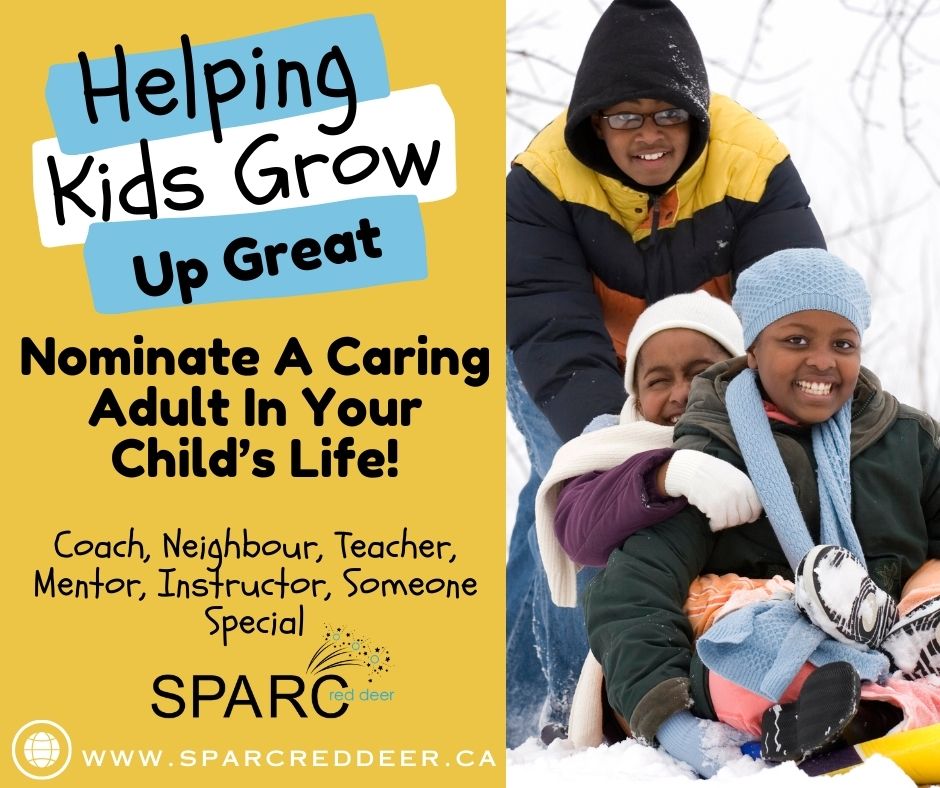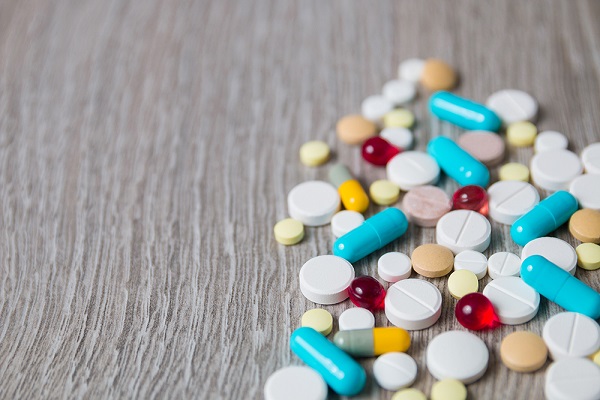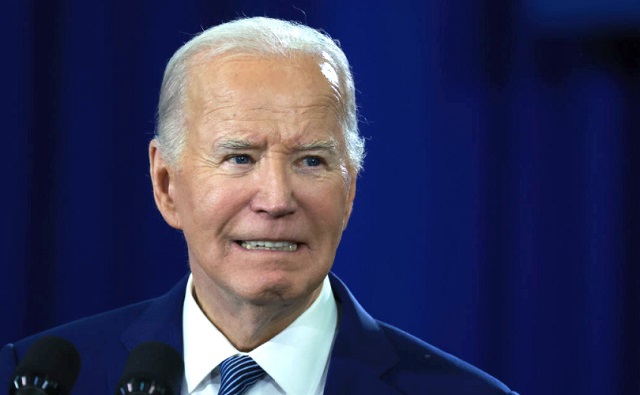Community
ALCOHOLISM-THE GIFT OF KNOWLEDGE WE CAN GIVE OUR CHILDREN
A few weeks ago, celebrity Ben Affleck had the media going wild. While most people go to great lengths and efforts to hide the truth, he did the unthinkable—he publicly announced that he has recently completed treatment for alcoholism.
What I found even more remarkable, courageous, and important is that he went even further and said, “I want to live life to the fullest and be the best father I can be. I want my kids to know there is no shame in getting help when you need it, and to be a source of strength for anyone out there who needs help but is afraid to take that first step.”
What?! He told his children!?
I am the adult child of an alcoholic. Otherwise known as ACOA. I have known what that word meant since I was five years old, but not because anyone told me. Families keep secrets and mine is no different. Or should I say, families think they keep secrets but, even as little children, we figure things out very quickly.
Adults may think they are hiding what is going on around their children. But they are not. Kids are like little sponges; interpreting, analyzing, and absorbing. All that adults are doing is not realizing that the little underdeveloped brains of three-, five-, and ten-year-olds are putting together the little puzzle pieces. The things that through osmosis often scare and confuse us can have lasting effects, and sometimes become our lessons of right, not our lessons of wrong.
By the time I was six years old, I had already set my life’s plan into motion with my feet planted firmly on the ground. This alcohol-fueled life my parents had was never going to be mine. Never. I could not have been more wrong. You see, I was not an only child.
ga('create', 'UA-83785338-1', 'auto'); ga('send', 'pageview');
I have been surrounded by alcoholism my whole life—I am the daughter, step-daughter, granddaughter, niece, great-niece, aunt, and cousin to alcoholics. Nothing affected me more than when my younger brother Brett became another branch on our alcoholic family tree; this added “sister” to the long list that follows my name.
Our parents loved us and didn’t beat my brother and me, but understanding more about addiction now and knowing some of its causes, I know we received the scars. Those painful, traumatic experiences changed who we would be forever. I would become strong, stoic, loud, and able to take on the world. At first glance, those things seem like great attributes to have, and although they afforded me the ability to survive the challenges in my life, my feelings of responsibility for the members of my own family almost destroyed me.
Ben Affleck gave his children a gift. The gift of knowledge. The gift of understanding. The gift of truth without shame. And I intend to do the same.
My sweet, kind, soft-spoken, magnificent brother lost his battle with alcoholism in March 2012. My own parents have never acknowledged our past—one remains silent and the other goes so far as to diminish and deny my experiences that continues to cause unnecessary pain more than forty years later.
This was the 1970s. It wouldn’t have been a reasonable expectation to have these open discussions back then and I accept that. But I can’t help wonder if things might have turned out differently if we had worked through some of this in our adult lives. After all, it is amazing what a simple, “I am sorry. I love you” can accomplish.
But we can’t go back, life is about moving forward. My perspective is that I am blessed and proud to be part of a changing world where addiction is a disease and we are encouraged to speak openly and honestly about it. And I believe that starts with young children.
I know all too well, because I was that little girl once, that we overhear those whispers, and although you don’t tell us directly the message is loud and clear, “alcoholism is shameful and you hide it at all costs.” If we truly want to be a part of a changing world, we need to begin the conversation in our own homes, without shame. No one will ever find the courage to speak publicly if we can’t even speak privately in our own families.
My beautiful niece, Kaddi, was only six years old when her beloved uncle died; and I have spoken to her about his passing almost from that very day. Of course, I am careful because she is just a young girl; I share more and more with her each year so she grows up being aware, knowing that addiction and mental illness is in our family. I want her to be as comfortable with understanding the disease of alcoholism as she is with the knowledge that her grandmother (her dad’s mom) passed away before she was born from breast cancer. My niece is eleven years old now, and just a few weeks ago, as she continues putting together all the little puzzle pieces in her mind, she asked me, “Auntie, can girls grow up and become alcoholics?”
“Yes, they can, honey. Yes, they can.”
Jodee Prouse is a speaker and advocate surrounding addiction and mental illness from a family perspective. As well as empowering women that are emerging from challenges with family, sharing her story to give them courage, strength and hope. She is the author of the powerful memoir, THE SUN IS GONE: A Sister Lost in Secrets, Shame, and Addiction, and How I Broke Free.
Visit jodeeprouse.com or email [email protected]
Community
SPARC Red Deer – Caring Adult Nominations open now!

Red Deer community let’s give a round of applause to the incredible adults shaping the future of our kids. Whether they’re a coach, neighbour, teacher, mentor, instructor, or someone special, we want to know about them!
Tell us the inspiring story of how your nominee is helping kids grow up great. We will honour the first 100 local nominees for their outstanding contributions to youth development. It’s time to highlight those who consistently go above and beyond!
To nominate, visit Events (sparcreddeer.ca)

Addictions
‘Harm Reduction’ is killing B.C.’s addicts. There’s got to be a better way

From the Frontier Centre for Public Policy
B.C. recently decriminalized the possession of small amounts of illicit drugs. The resulting explosion of addicts using drugs in public spaces, including parks and playgrounds, recently led the province’s NDP government to attempt to backtrack on this policy
Fuelled by the deadly manufactured opioid fentanyl, Canada’s national drug overdose rate stood at 19.3 people per 100,000 in 2022, a shockingly high number when compared to the European Union’s rate of just 1.8. But national statistics hide considerable geographic variation. British Columbia and Alberta together account for only a quarter of Canada’s population yet nearly half of all opioid deaths. B.C.’s 2022 death rate of 45.2/100,000 is more than double the national average, with Alberta close behind at 33.3/100,00.
In response to the drug crisis, Canada’s two western-most provinces have taken markedly divergent approaches, and in doing so have created a natural experiment with national implications.
B.C. has emphasized harm reduction, which seeks to eliminate the damaging effects of illicit drugs without actually removing them from the equation. The strategy focuses on creating access to clean drugs and includes such measures as “safe” injection sites, needle exchange programs, crack-pipe giveaways and even drug-dispensing vending machines. The approach goes so far as to distribute drugs like heroin and cocaine free of charge in the hope addicts will no longer be tempted by potentially tainted street drugs and may eventually seek help.
But safe-supply policies create many unexpected consequences. A National Post investigation found, for example, that government-supplied hydromorphone pills handed out to addicts in Vancouver are often re-sold on the street to other addicts. The sellers then use the money to purchase a street drug that provides a better high — namely, fentanyl.
Doubling down on safe supply, B.C. recently decriminalized the possession of small amounts of illicit drugs. The resulting explosion of addicts using drugs in public spaces, including parks and playgrounds, recently led the province’s NDP government to attempt to backtrack on this policy — though for now that effort has been stymied by the courts.
According to Vancouver city councillor Brian Montague, “The stats tell us that harm reduction isn’t working.” In an interview, he calls decriminalization “a disaster” and proposes a policy shift that recognizes the connection between mental illness and addiction. The province, he says, needs “massive numbers of beds in treatment facilities that deal with both addictions and long-term mental health problems (plus) access to free counselling and housing.”
In fact, Montague’s wish is coming true — one province east, in Alberta. Since the United Conservative Party was elected in 2019, Alberta has been transforming its drug addiction policy away from harm reduction and towards publicly-funded treatment and recovery efforts.
Instead of offering safe-injection sites and free drugs, Alberta is building a network of 10 therapeutic communities across the province where patients can stay for up to a year, receiving therapy and medical treatment and developing skills that will enable them to build a life outside the drug culture. All for free. The province’s first two new recovery centres opened last year in Lethbridge and Red Deer. There are currently over 29,000 addiction treatment spaces in the province.
This treatment-based strategy is in large part the work of Marshall Smith, current chief of staff to Alberta’s premier and a former addict himself, whose life story is a testament to the importance of treatment and recovery.
The sharply contrasting policies of B.C. and Alberta allow a comparison of what works and what doesn’t. A first, tentative report card on this natural experiment was produced last year in a study from Stanford University’s network on addiction policy (SNAP). Noting “a lack of policy innovation in B.C.,” where harm reduction has become the dominant policy approach, the report argues that in fact “Alberta is currently experiencing a reduction in key addiction-related harms.” But it concludes that “Canada overall, and B.C. in particular, is not yet showing the progress that the public and those impacted by drug addiction deserve.”
The report is admittedly an early analysis of these two contrasting approaches. Most of Alberta’s recovery homes are still under construction, and B.C.’s decriminalization policy is only a year old. And since the report was published, opioid death rates have inched higher in both provinces.
Still, the early returns do seem to favour Alberta’s approach. That should be regarded as good news. Society certainly has an obligation to try to help drug users. But that duty must involve more than offering addicts free drugs. Addicted people need treatment so they can kick their potentially deadly habit and go on to live healthy, meaningful lives. Dignity comes from a life of purpose and self-control, not a government-funded fix.
Susan Martinuk is a senior fellow at the Frontier Centre for Public Policy and author of the 2021 book Patients at Risk: Exposing Canada’s Health Care Crisis. A longer version of this article recently appeared at C2CJournal.ca.
-

 Frontier Centre for Public Policy2 days ago
Frontier Centre for Public Policy2 days agoThe end of Canada: The shift from democracy to totalitarian behavior in the ‘pandemic era’
-

 Business1 day ago
Business1 day agoDon’t be fooled by high-speed rail
-

 Business1 day ago
Business1 day agoUN plastics plans are unscientific and unrealistic
-

 International2 days ago
International2 days agoBiden admin expands Title IX to include ‘gender identity,’ sparking conservative backlash
-

 Addictions23 hours ago
Addictions23 hours agoBritish Columbia should allow addicts to possess even more drugs, federal report suggests
-

 Also Interesting1 day ago
Also Interesting1 day agoIs the Anger Toward Fiat Currency Justified?
-

 Alberta1 day ago
Alberta1 day agoActivity-Based Hospital Funding in Alberta: Insights from Quebec and Australia
-

 Alberta2 days ago
Alberta2 days agoAlberta’s baby name superstar steals the show again






